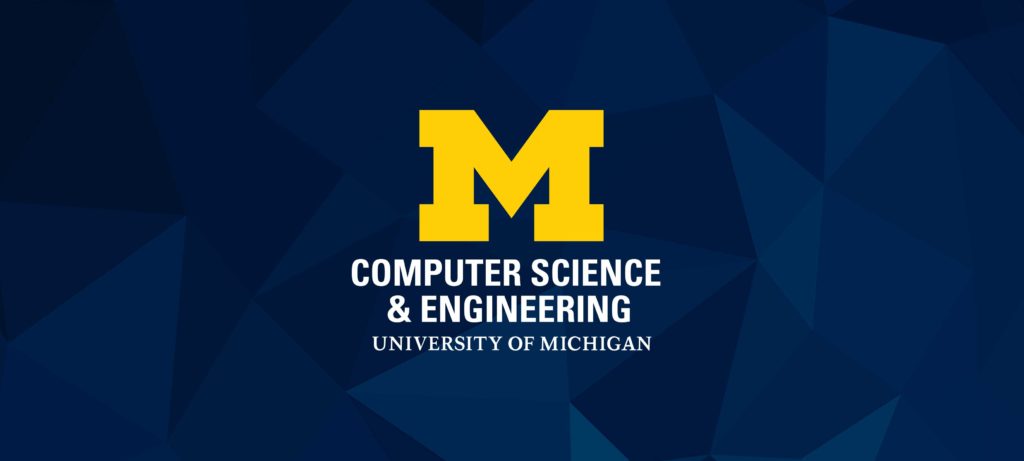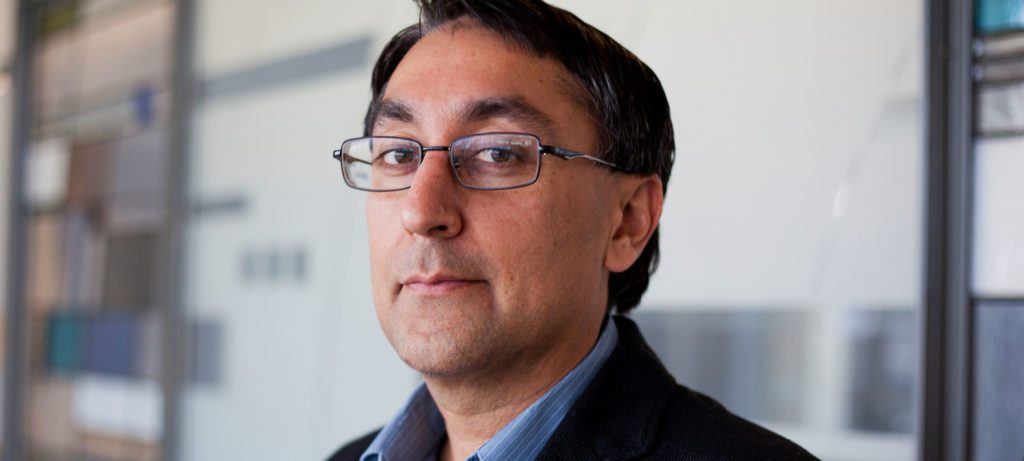Clinc has built Lucida, its state-of- the-art, open-source intelligent assistant and machine learning platform that allows developers and the open-source community to easily create and deploy personalized voice and vision-based intelligent assistants.


 Michigan Engineering | University of Michigan
Michigan Engineering | University of Michigan 



